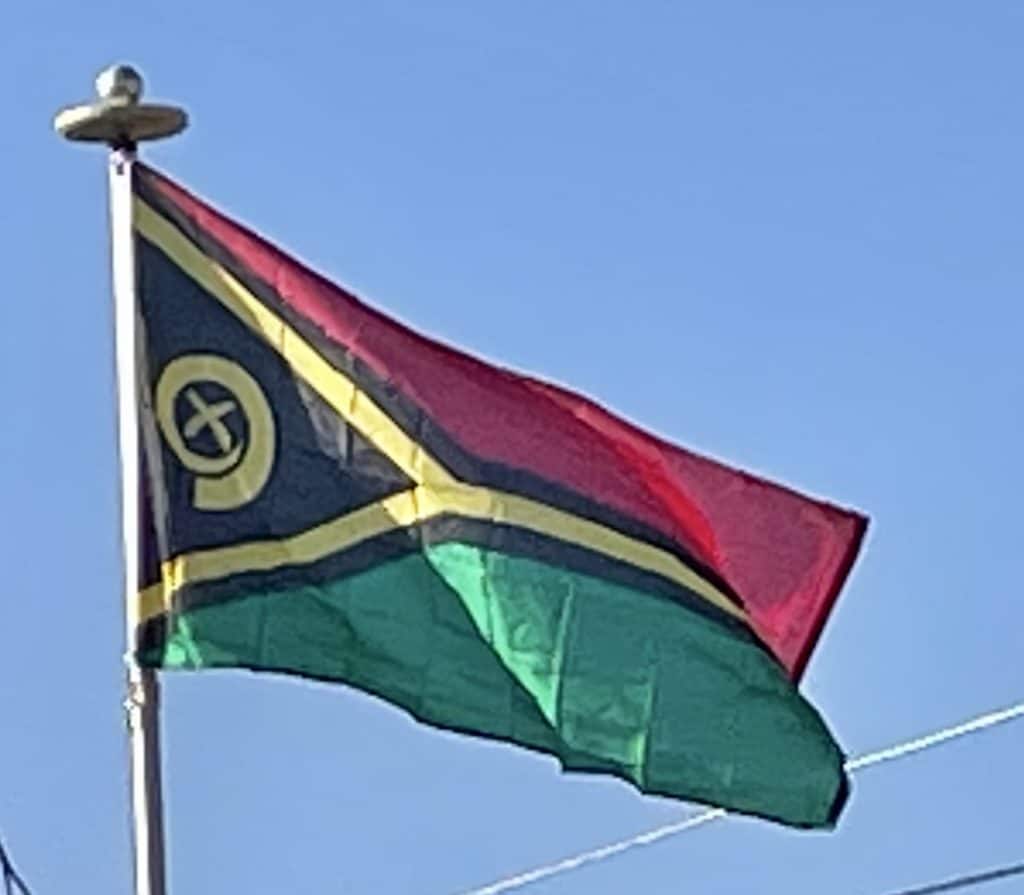However the economic development brought with it unintended consequences. In the 1960s many planters began fencing off and clearing large areas of bushland for cattle ranching, which were often deemed to be communally-held kastom lands by Ni-Vanuatu. On Espiritu Santo the Nagriamel movement was founded in 1966 by Chief Buluk and Jimmy Stevens on a platform of opposing any further land clearances and gradual, Ni-Vanuatu-led, economic development. The movement gained a large following, prompting a crackdown by the authorities, with Buluk and Stevens being arrested in 1967. Upon their release they began to press for complete independence. In 1971 Father Walter Lini established another party – the New Hebrides Cultural Association, later renamed the New Hebrides National Party (NHNP) – also focused on achieving independent and opposition to land expropriation. The NNDP first came to prominence in 1971, when the Condominium government was forced to intervene after a rash of land speculation by foreign nationals.
Meanwhile, French settlers, and Francophone and mixed-race Ni-Vanuatu, established two separate parties on a platform of more gradual political development – the Mouvement Autonamiste des Nouvelles-Hébrides (MANH), based on Espiritu Santo, and the Union des Communautés des Nouvelles-Hébrides (UCNH) on Efate. The parties aligned on linguistic and religious lines: the NHNP was seen as the party of Anglophone Protestants, and were backed by the British who wished to exit the colony altogether, whereas the MANH, UCNH, Nagriamel and others (collectively known as the ‘Moderates’) represented Catholic Francophone interests, and a more gradual path to independence. France backed these groups as they were keen to maintain their influence in the region, most especially in their mineral-rich colony of New Caledonia where they were attempting to suppress an independence movement.
Meanwhile, economic development continued, with numerous banks and financial centers opening up in the early 1970s to take advantage of the territory’s tax haven status. A mini-building boom took off in Port Vila and, following the building of a deep-sea wharf, cruise ship tourism grew rapidly, with annual arrivals reaching 40,000 by 1977. The boom encouraged increasing urbanization and the populations of Port Vila and Luganville grew rapidly.

In March 1977 a joint Anglo-French and Ni-Vanuatu conference was held in London, at which it was agreed to hold fresh Assembly elections and later an independence referendum in 1980; the VP boycotted the conference and the subsequent election in November. They set up a parallel ‘People’s Provisional Government’ which had de facto control of many areas, prompting violent confrontations with Moderates and the Condominium government.
